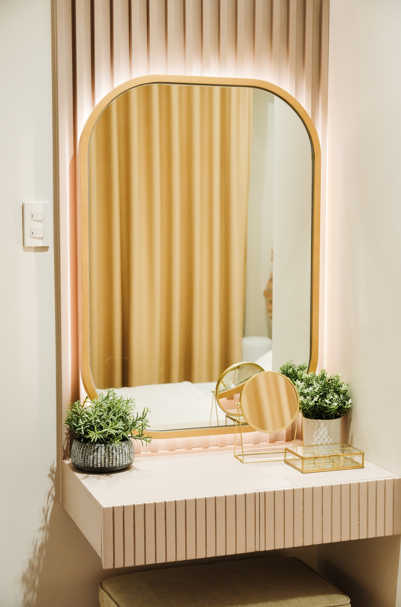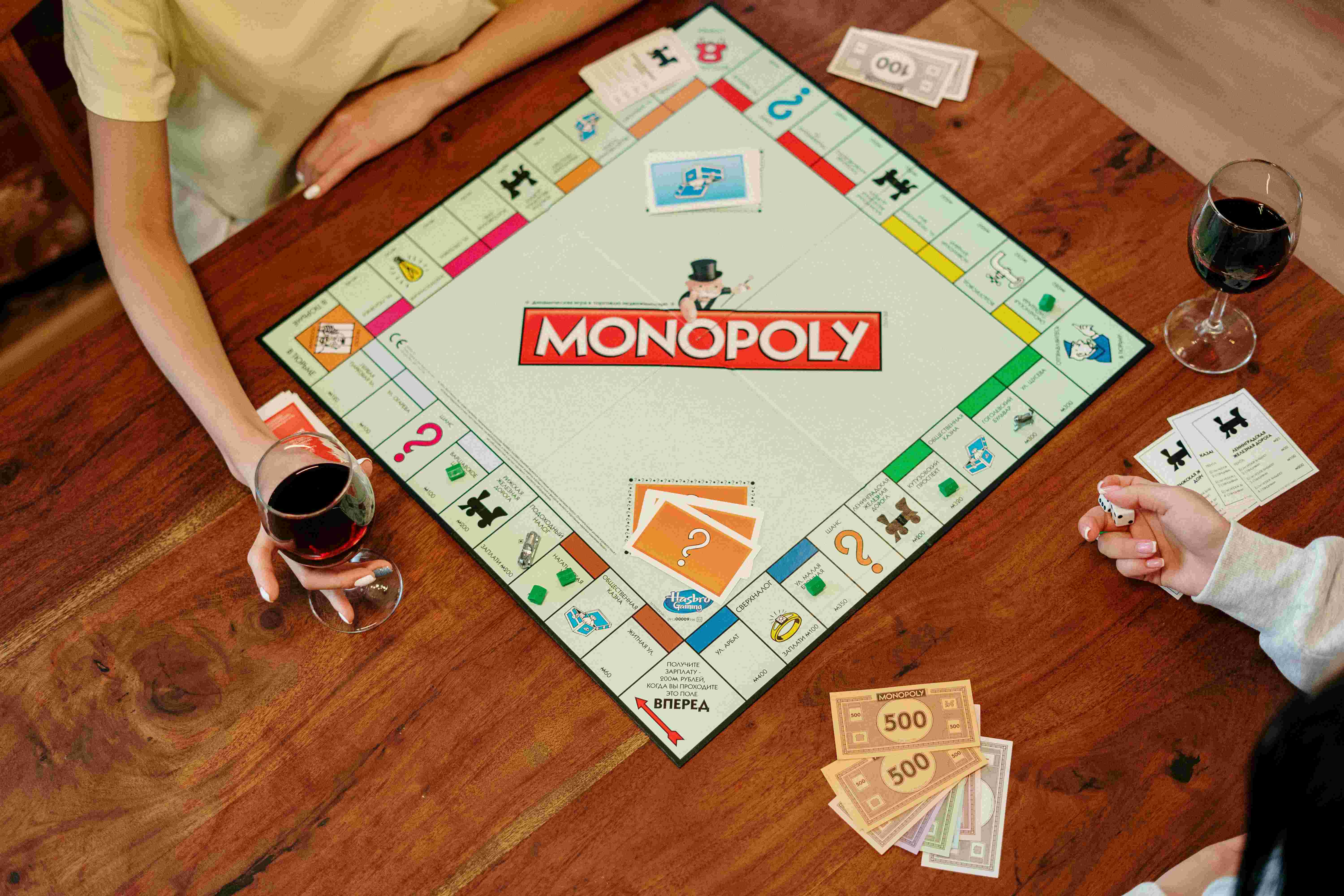DMCI Condominium Rules in the Philippines for Harmonious Living
House rules at DMCI Homes Communities are just about the same as any set of condominium rules and regulations in the Philippines. Though the details might differ for each condo property, a safe, secure, and peaceful property are likely the topmost concern of interested condo buyers, unit owners, and residents like you.
Each crafted rule and regulation has your best interest at heart. Whether they be commonplace parking rules and regulations or guidelines specific to a condo community, each rule is in place to help every resident achieve a harmonious living experience.
DMCI Homes Condo Rules and Regulations
The DMCI Homes Condo Association (CA) was established to protect not only the property values of DMCI Homes condo units but also the improve the livability of the condo community. Composing and implementing condominium rules is one of the primary duties of the CA, and there’ set up a comprehensive homeowner’s manual to serve as your guide.
The house rules fall under eight categories, namely:
- Maintenance, repair, and renovation
- Use of common areas and facilities
- Noise and nuisance
- Pet ownership
- Parking
- Guests
- Safety and Security
- Penalties
While some of these are common across different condominiums, others are specific to DMCI Communities. Let’s look at each category of condo rules and regulations.
 Photo courtesy of henry perks via Unsplash
Photo courtesy of henry perks via Unsplash
1. Maintenance and repair responsibilities
Maintenance and repair are probably one of the most crucial categories of condominium house rules, second only to security. The responsibility to maintain the good condition of any unit falls solely on its unit owner or tenant. Prevent avoidable costs and inconveniences by encouraging guests and tenants to take as much care of your unit as you do.
Before conducting repair or refurbishing activities, you need to let the Property Management Office know. Check if these activities are allowed under the Master Deed and Declaration of Restrictions. It also helps to check out Condo Association Rules before renovating your unit.
2. Use of common areas and facilities
To create a community where you do not suffer from others’ inconsideration, do your own part by being a good example in following common condo area rules.
Amenities and facilities are meant for common use for all unit owners and tenants. If you wish to have temporary exclusive access, identify what activities you’ll be doing in the venue you’re reserving, and get written approval from the Property Management Office. Approval depends on the availability of the venue and the suitability of activities.
Repairing damages to amenities and facilities due to improper use and activity is the responsibility of the user, whether owner, tenant, or guest. They will shoulder the cost of repair in all cases of improper use.
For help in finding quality repair service contractors, you may seek assistance from the Property Management Office.
3. Noise and nuisance regulations
Avoid behaving in ways that disturb your neighbors. Mind socially acceptable levels of activity in your unit and in common areas. If you’re with children, provide them with guidance on how to behave.
When installing an apparatus in your unit, ensure that it does not cause strong odors, emit excessive noise and vibrations, or place the unit at risk of fire.
4. Pet policies
Pet ownership is not always accounted for when it comes to lodging. While pet ownership is not directly discussed in the antiquated Condominium Act (RA 4726), the real estate law gives power to condominium corporations in creating rules and regulations for their buildings. Often, this condominium act results in a total ban on companion animals, making pet-friendly lodging uncommon. Fortunately, DMCI Communities allow its residents to keep pets responsibly.
Prepare a leash or carrier when bringing them outside your unit. Animals are only allowed to be transported via stairs or service elevators.
Lastly, don’t forget to register your pets at the Property Management Office. To be approved for registration, vaccinate your pets against distemper and rabies.
5. Parking policies
We understand that not bundling parking slots with units may breed concerns about unavailable parking. This is why you’re asked to register your vehicle with the Property Management Office. By allowing us to keep track of your number of vehicles, we may better allocate the parking space.
Acquiring parking slots have a separate payment from purchasing your condo unit itself. However, rather than considering it as an additional cost, it’s important to view the pricing of bundles as still inclusive of such a cost, only understated and arbitrarily uniform. Residents’ parking needs vary; some need one parking slot, some need zero, some need two, and some need multiple. As such, imposing a bundled fee on those who need zero parking slots is disadvantageous to the unit owners as an aggregate population. Additionally, one important condo parking space fact is that the National Building Code of the Philippines is a real estate law that prescribes a ratio between unit size and parking.
As for visitors, they must secure both a car pass for their vehicle and a visitor’s pass for when they exit their car. Car stickers are for vehicles belonging to unit owners and tenants; car passes are for visitors. Without either car stickers or passes, vehicles will not be allowed within the parking area.
Do not use parking slots for storage. When waiting, place the car in park as prolonged idling releases fumes.
At parking spaces, only wipe your vehicle. Do not wash your car in the parking area. At most, you may use rags and one small pail of water. Do not allow water to pool on the floor.
Lock your cars when parking. Neither the Property Management Office nor DMCI will be held responsible for damages or losses in the parking area. Report damages and losses to the Security Office.
6. Guest policies
Unit owners or tenants are required to advise the Property Management Office and/or the Guard House about expected visitors.
Guests are only allowed entry into the building between 8 AM to 6 PM. Visits may be extended to 11 PM only if approval from the Property Management Office is secured. Overnight stays are discouraged; if unavoidable in cases of emergency or visitor safety, inform the Property Management Office and/or the Guard House if the guest stays for the night.
7. Safety and security measures
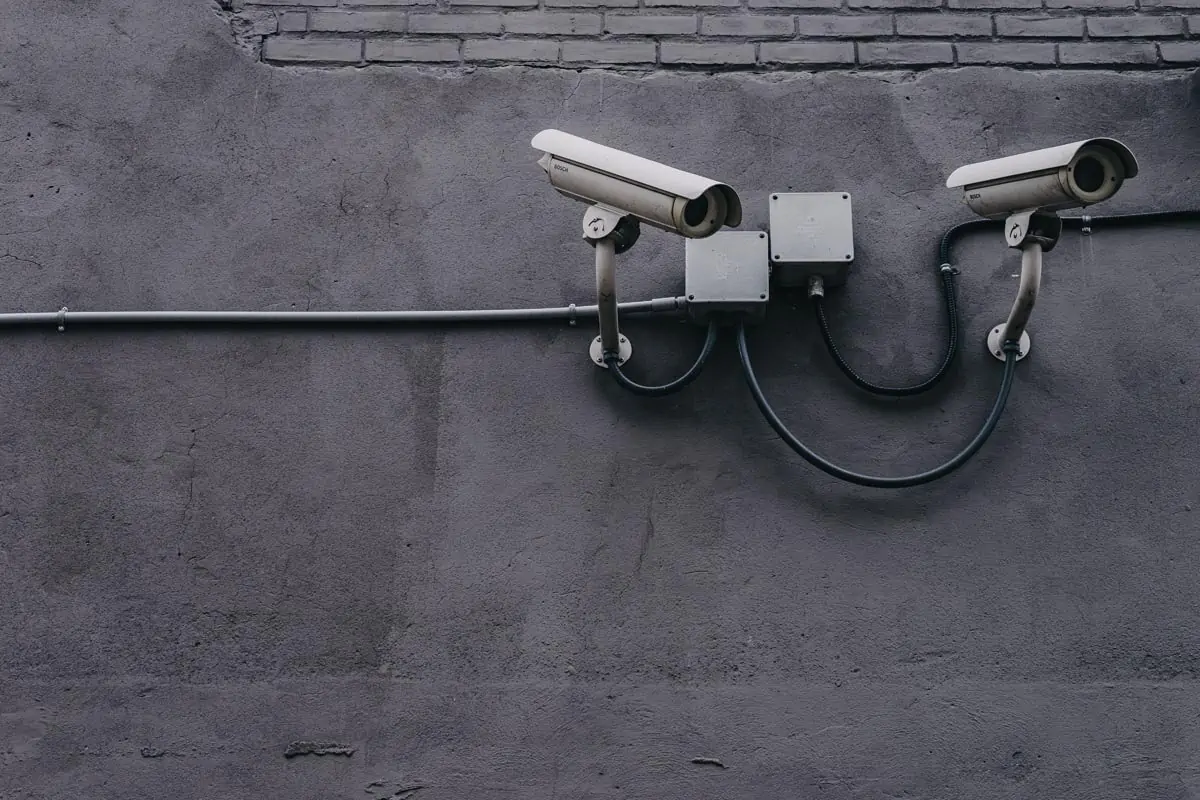 Photo courtesy of Scott Webb via Pexels
Photo courtesy of Scott Webb via Pexels
Any firearms and ammunition carried by visitors must be surrendered at the Guard House before entry.
Visitors must deposit a valid ID card bearing their picture at the Guard House, and write their name and purpose of visit in the logbook.
Drivers, household help, and contractors are, additionally, vetted and registered at the Property Management Office and issued a corresponding building ID card.
Guests may only stay within visiting hours. Beyond that duration, both the Property Management Office and the Guard House are updated on the guest’s stay.
Vehicles require either car stickers for unit owners and tenants or car passes for visitors. Visitors additionally need a visitor’s pass on foot.
No one is allowed to loiter in parking areas, whether employee, guest, tenant, or unit owner. Drivers are provided with a designated waiting area.
Private security personnel and bodyguards must be registered at the Property Management Office, and are expected to maintain presence of mind by avoiding intoxication.
8. Violation penalties
Violating parties pay for litigation, as well as an attorney’s fee worth no less than P10,000.
Benefits of following condo rules and regulations
You’re not only following rules on good condo conduct for the sake of becoming a good condo resident, but you also get to benefit from the condo culture you’re preserving.
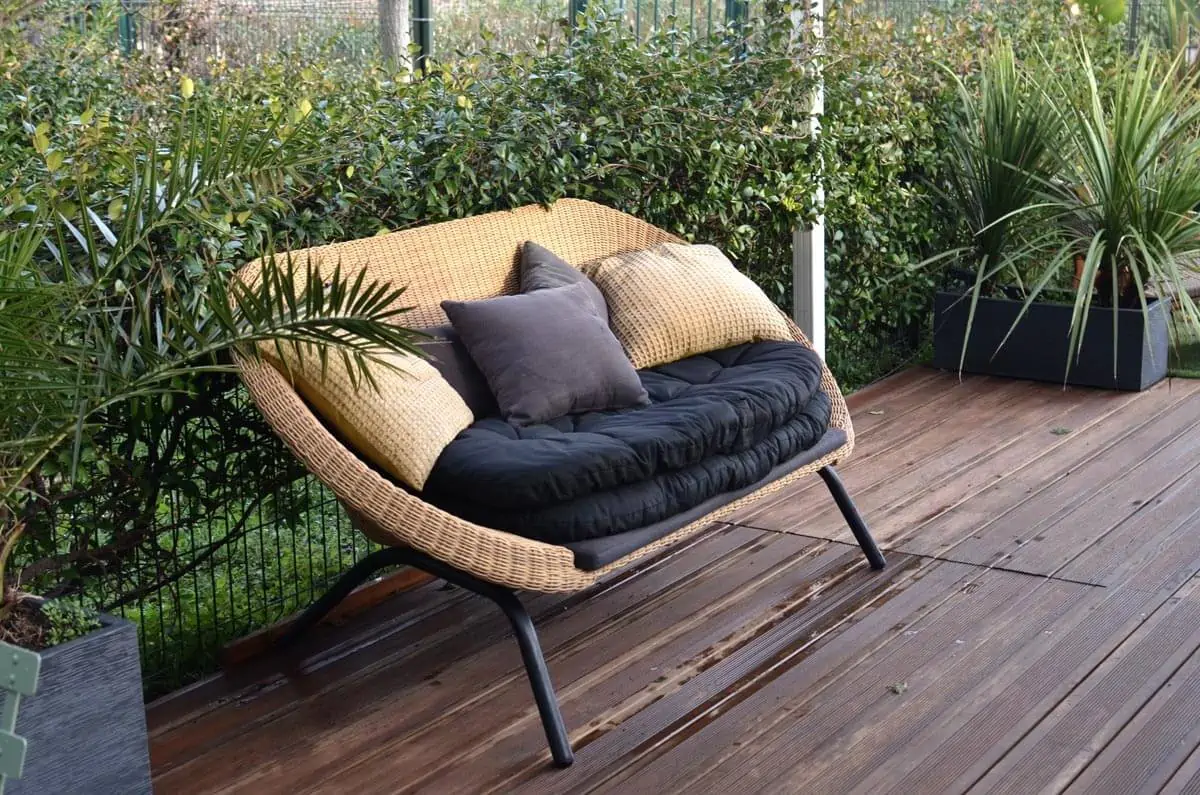 Photo courtesy of Skylar Kang via Pexels
Photo courtesy of Skylar Kang via Pexels
1. Maintaining a harmonious and safe living environment
Every guideline there is that ensures a pleasant home experience for your neighbors ensures the same condo peace and safety for you.
By cooperating with security protocols such as presenting IDs at the guard house, surrendering firearms, and informing the guard house and the Property Management Office of guests beyond visiting hours, you create a culture that promotes safety. It allows security personnel to streamline their work, deters and highlights the deviant behavior of outsiders, and alerts residents of any informed non-compliance.
2. Maximizing the use of community facilities and amenities
By keeping venues, equipment, and their schedules of use in order, you get to enjoy them in good condition right when you need them.
Because of the condominium rules on the reservation of communal amenities, the Property Management Office would be able to accurately answer your inquiry on when the swimming pool is available. Because of the house rules on reporting damaged equipment, you get to enjoy a gym with equipment in good condition.
 Photo courtesy of Sora Shimazaki via Pexels
Photo courtesy of Sora Shimazaki via Pexels
3. Avoiding penalties and legal consequences
Penalties and legal consequences are a huge hassle. They take up your time and resources that you could instead spend on other things such as your career, leisure activities, or home life.
4. Protecting property value and investment
Property value changes. Whether you’re an investor who plans to sell your condo in the future, a unit owner who rents their property, or a resident, a condominium that keeps its property value is a pleasant home to sell, rent or live in.
Testimonials from residents who have experienced the benefits
Several members of different DMCI Communities already reaped the benefits of having the house rules in place. Those who’ve benefited from the condominium rules are a Dota 2 e-sports star, an animal rescuer, and a group of hustlers in co-working spaces.
 Photo courtesy of Helena Lopes via Pexels
Photo courtesy of Helena Lopes via Pexels
A condo community’s co-working space ramps up productivity
Remote creative producer Bene Mendoza from Lumiere Residences experienced a boost in his productivity thanks to the condo’s co-working facility.
Now, co-working spaces do not have magic in them. They are simply common areas where people who may not be co-workers gather to work. As with any common area, its conduciveness is dependent on each person not being disruptive in that space. Without condominium house rules on how to behave in common areas, a co-working space may cease to be the distraction-free place it may otherwise be.
Dota 2 Esports champ at the top of his game in the comfort of his unit
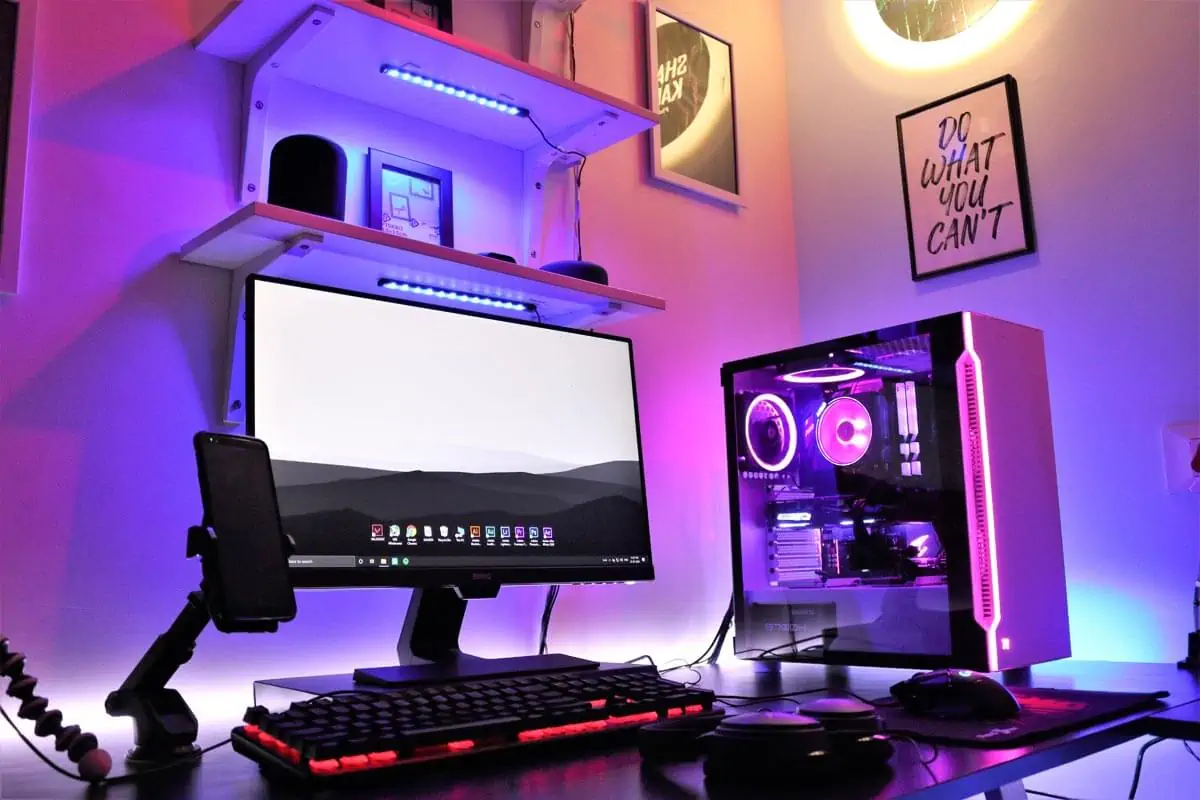 Photo courtesy of Sharad Kacchi via Pexels
Photo courtesy of Sharad Kacchi via Pexels
For most, a stable internet connection is a service that is nice to have. For a professional e-sports player like Kuku, however, quality internet connection becomes crucial. Thankfully, condominium restrictions on installing disruptive apparatuses prevent the signal from going bad. While neighbors can be intolerant of noise, it is not intuitive for residents to consider neighbors’ devices as interfering with the quality of their internet connection. The condo’s house rules explicitly stating the restriction discourages the installation of such apparatuses.
Stray cat finds forever home in a DMCI condo community
Caring for stray animals is made responsible and safe by the condominium rule on registering residents’ pets. At DMCI Homes’ La Verti Residences, balikbayan and community hero Rhea Dinsay was able to take in a stray cat into the pet-friendly premises.
As even the most kind-hearted cat lovers would acknowledge, the health of strays being unknown merits them a temporary quarantine away from other cats. By keeping a registry of all the pets in the building, the condo would have the capacity to put out advisories in case any of the animals catch an infectious sickness. Ultimately, the condominium rule protects the health of the building’s inhabitants, without automatically banning companion animals. Thanks to this rule straying away from black-and-white thinking, Rhea was able to take in the stray kindly and responsibly.
Conclusion
Overall, condominium rules and regulations in the Philippines benefit residents more than any homeowner’s association or land development company. As those who spend the most time in the condominium, the residents are the ones who suffer from poor living environments before anyone else in the building. Conversely, residents also benefit from pleasant living conditions the most. This mutual benefit is the heart of why it’s important to follow the house rules.
Here are three key takeaways from the article:
- Coordinate with the Property Management Office. Whether it be about facility reservations, pet registration, or guest visits, informing the Property Management Office is the way to go.
- DMCI Communities takes security seriously. Not only do visitors need a car pass for their vehicle; but they also need to secure a visitor’s pass upon going on foot.
- DMCI Communities are pet-friendly. Pursuant to certain rules and protocols, a feature of DMCI Communities uncommon to interested condo buyers and owners.
For more information about DMCI Communities, check out our ideas and suggestions for condo living here!



